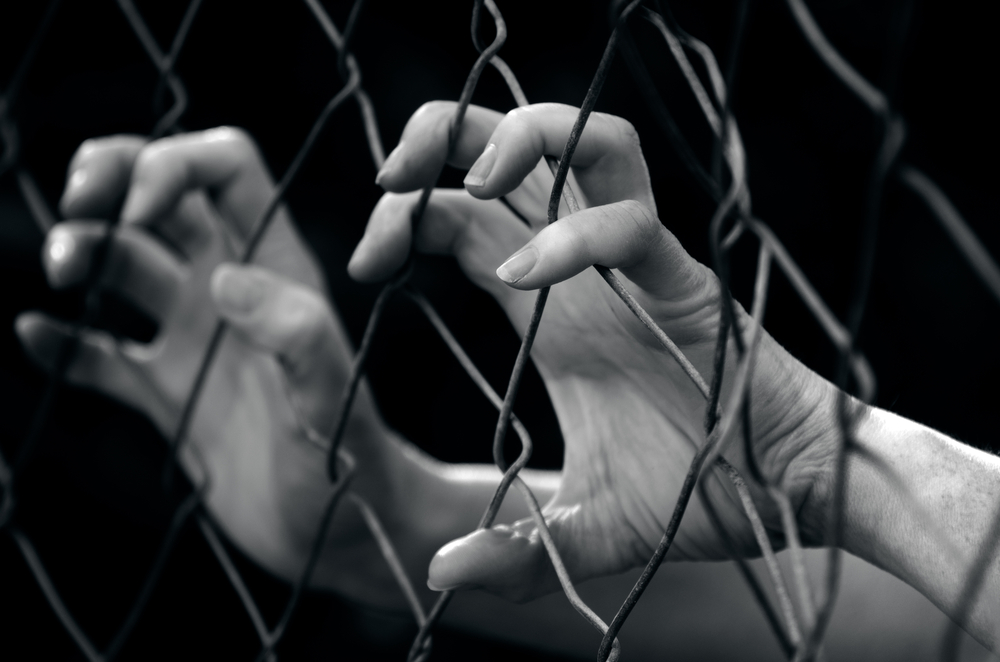WASHINGTON—The United States urged Southeast Asia’s regional bloc on Tuesday to do more to combat human trafficking after two of its member states were blacklisted for failing to act decisively against exploitation of migrant labourers.
A Democratic senator also questioned whether Malaysia, one of the countries downgraded in a State Department report last month, should be excluded from a U.S.-backed trans-Pacific trade pact currently under negotiation.
Longtime U.S. ally Thailand was also demoted to the lowest level in the annual U.S. rankings of governments’ anti-trafficking efforts, principally over abusive practices in the Thai seafood industry.
Scot Marciel, the top U.S. diplomat for Southeast Asia, told a congressional hearing the Association of Southeast Asian Nations, or ASEAN, is slowly beginning to address human trafficking but “can and should do more.”
The so-called “tier 3” rankings for Thailand and Malaysia mean they could face U.S. sanctions. Other ASEAN members, Laos, Cambodia and Myanmar are on a watch list. Those poorer nations are a source of cheap labour for garment factories, long-haul fishing boats, plantations and households in their more prosperous neighbours.
Thailand and Malaysia are principally destination countries, and Marciel said the downgrade of two important partners in Asia indicated that the rankings were not based on political considerations.
Thailand, already facing restrictions on U.S. security assistance after a military coup in May, had lobbied hard to avoid the blacklisting, and it has complained the U.S. did not recognize the progress it’s made. But Luis CdeBaca, U.S. ambassador-at-large for human trafficking issues, said those efforts were almost exclusively focused on the sex industry.
“While we want that, and while we laud the people who are doing that in Thailand, the crushing numbers actually show up in forced labour,” CdeBaca told a Senate panel that oversees policy toward East Asia. He said he hoped the downgrade would heighten awareness in the region of the seriousness of labour trafficking.
On the positive side of the ledger in Southeast Asia, CdeBaca said ASEAN has taken initial steps toward drafting a convention on trafficking in persons and a regional plan of action. The U.S. also wants it to establish a secretariat on human trafficking.
Sen. Ben Cardin, the Democratic chair of the Senate panel, welcomed efforts by ASEAN members Vietnam and Brunei against human trafficking, notwithstanding other concerns over other aspects of their records on human rights.
But he took aim at Malaysia, which he said had moved in the “wrong direction” despite spending four years on the U.S. watch list before its downgrade last month. Cardin said this showed the need for enforceable labour standards in the Trans-Pacific Partnership, or TPP—the free trade pact the U.S. is negotiating with 11 other nations, including Malaysia.
“Are they ready for TPP if they can’t deal with their trafficking issues? It raises a question to me,” Cardin said.
